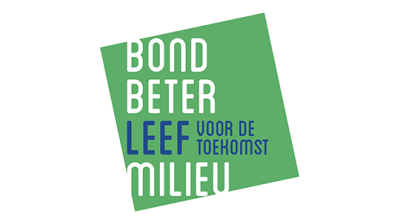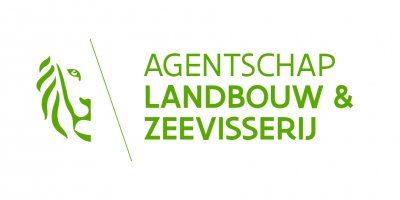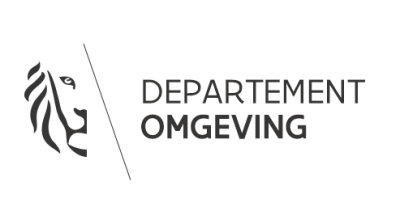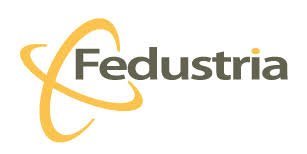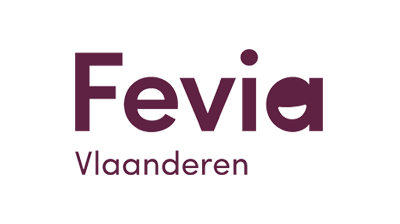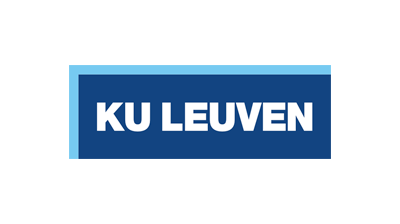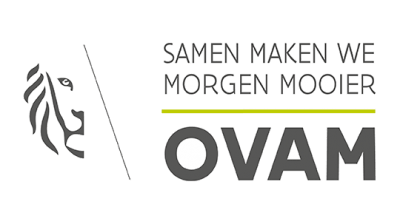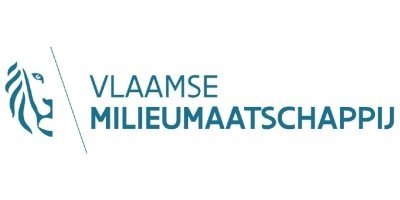KU Leuven, campus Ghent
Life-size ‘Lego house’ changes future of linear construction
The Belgian real estate market is facing a housing shortage. In particular, affordable, quality and energy-efficient homes are in the minority. Can prefab houses offer a solution? KU Leuven and construction company CIRCL think so. They built a row house out of life-size ‘lego blocks’ on the university campus in Ghent in 2022.
Reusable ‘Lego blocks
You won't find any shiny, plastic Lego bricks on KU Leuven's Ghent campus, but prefabricated building blocks. These not only shorten the production process to a few weeks, but also reduce site waste and cutting residues. Because the blocks are easy to assemble, construction is completed in a short working week. This is much quicker than a new house, which takes an average of one year to take shape.
Organic and recycled materials
The house is built as sustainably as possible. From insulation to furnishings. For instance, in the walls you will find ‘cellulose’: insulation made from recycled newspaper. Kitchen, sanitary appliances, interior doors and skylights were dismantled by the contractors from other houses. The stairwell is made of cross-laminated timber (CLT). The walls are made with wooden profiles, among other materials. Both materials are recyclable, store CO2 and therefore create a pleasant indoor climate. And wood, as a renewable raw material, has only a small impact on the environment.
House as ‘materials bank’
Today, the row house is an office and meeting space for the campus. Around 2027, KU Leuven plans to move the house to an urban renewal project. As the dimensions of that next project are not yet known, construction company CIRCL placed extendable beam structures in the house. At the same time, the house is a ‘materials bank’. Thus, the building blocks and materials are easily dismantled, and you can use them later in prefab or new construction projects.
The Building Physics and Sustainable Construction research group is currently setting up further research and an education programme on sustainable prefab houses.


